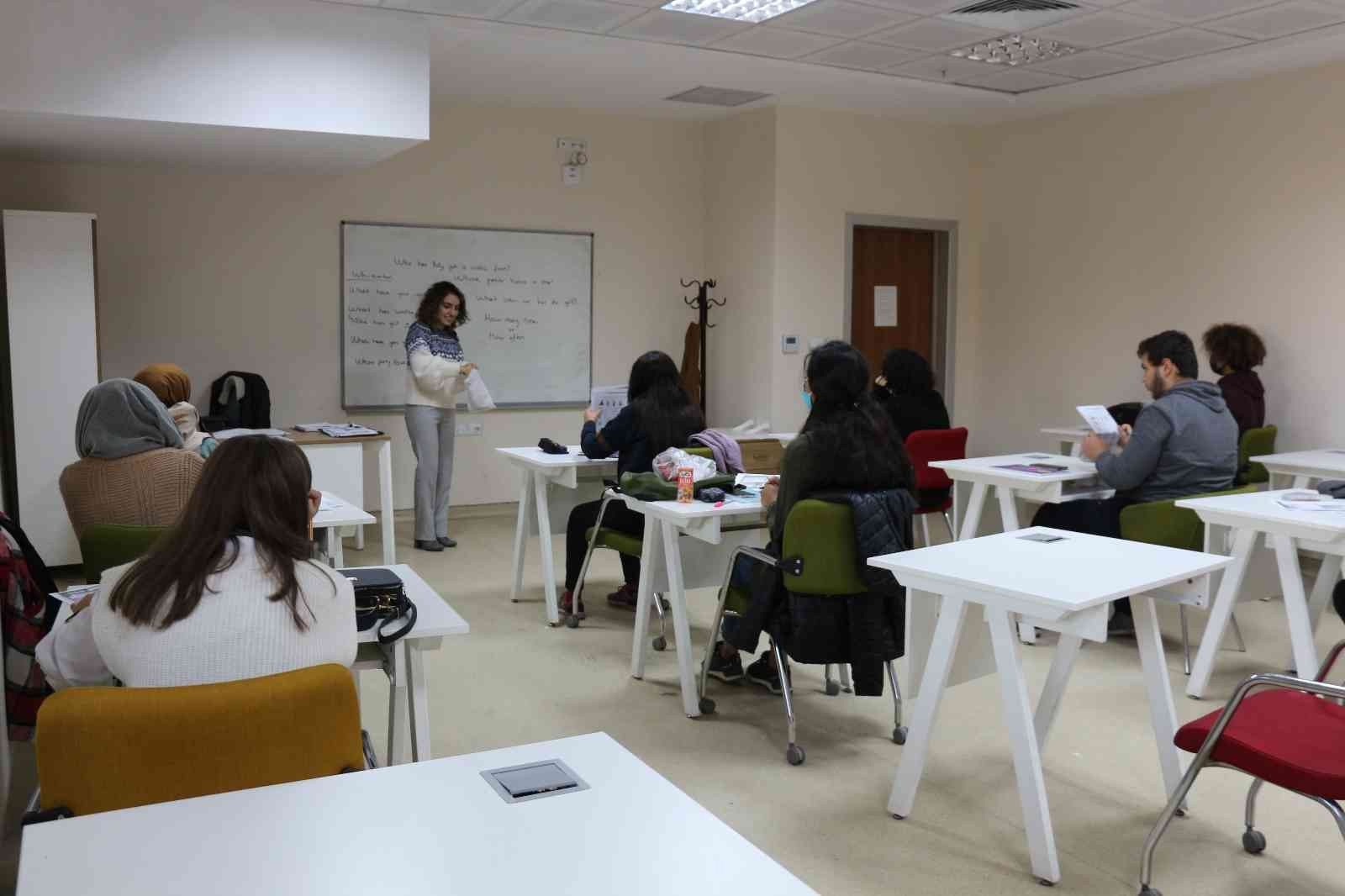
Fluent in German: Techniques and Tips for Rapid Progress
German is among the languages that are spoken most across Europe and is well-known for its diverse culture, rich history and economic value. If you’re planning to travel to Germany or looking to improve your professional prospects, or are simply interested in learning an additional language, taking a German course can be a rewarding experience. Learn everything you need to know about German courses.
Types of German Courses
Beginner Courses: These courses are created for absolute beginners with no prior experience in the language. They focus on basic grammar, vocabulary, and pronunciation.
Advanced and Intermediate Courses: If you already have some knowledge of German, intermediate and advanced courses will aid you in enhancing the knowledge you already have. These classes often delve into more intricate grammatical structures and vocabulary.
Conversational Courses: Perfect for people who want to enhance their communication skills, these classes focus on everyday conversations, helping students become more confident in speaking German in actual situations.
Online and in-person. In-Person German courses are offered both on the internet and in traditional classrooms. Online courses provide flexibility and convenience, whereas in-person classes give students a more intimate experience as well as opportunities for direct interaction with peers and instructors.
What to Expect in a German Course
Most German courses will teach essential skills: reading, writing listening, speaking, and reading. Expect to see a mixture of grammar classes along with vocabulary building as well as practice activities. Some courses also include cultural elements, helping students comprehend the context in which the language is used.
Resources for Learning German
Alongside formal classes Numerous resources can help enhance your learning experience. Learning apps for languages like Duolingo and Babbel offer activities that are interactive, while websites like Deutsche Welle provide free courses and materials. Podcasts and YouTube channels are also excellent resources for developing listening abilities.
Tips for Success
Consistency is key Consistent practice is crucial for the acquisition of language. Try to learn a bit every day rather than cramming.
Immerse Yourself: Be surrounded with the language with the help of German films, listen to German music or even joining conversations groups.
Practice Speaking Be prepared not to fail. Speaking as much as possible will allow you to gain confidence and increase your proficiency.
Set realistic goals: Break your learning journey into manageable goals, whether it’s mastering a specific set of vocabulary or being able to carry on a conversation on a particular subject.
Conclusion
The process of learning German course (almanca kursu) opens doors to opportunities, new social experiences, and friendships. It doesn’t matter if you opt for a structured course as opposed to a casual method, the most important thing is to stay motivated and enjoy the process. If you are committed and have the right resources, you’ll be speaking German in no time!